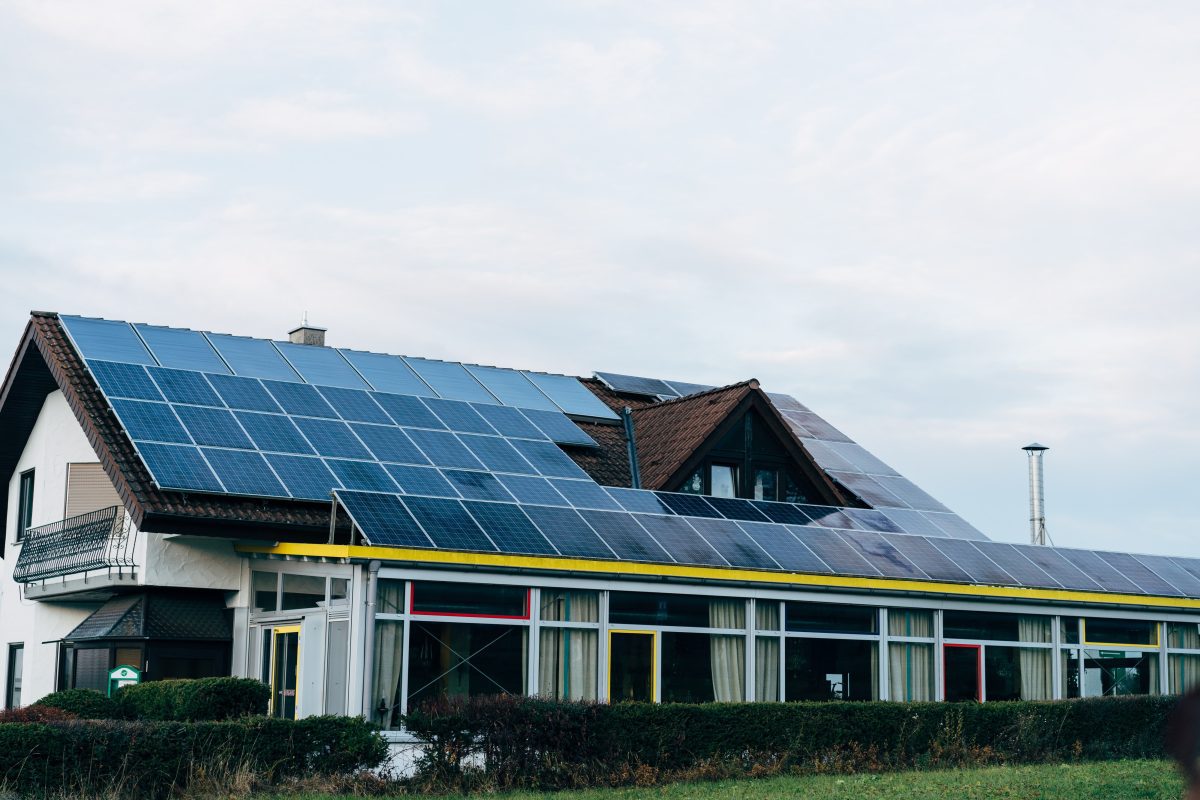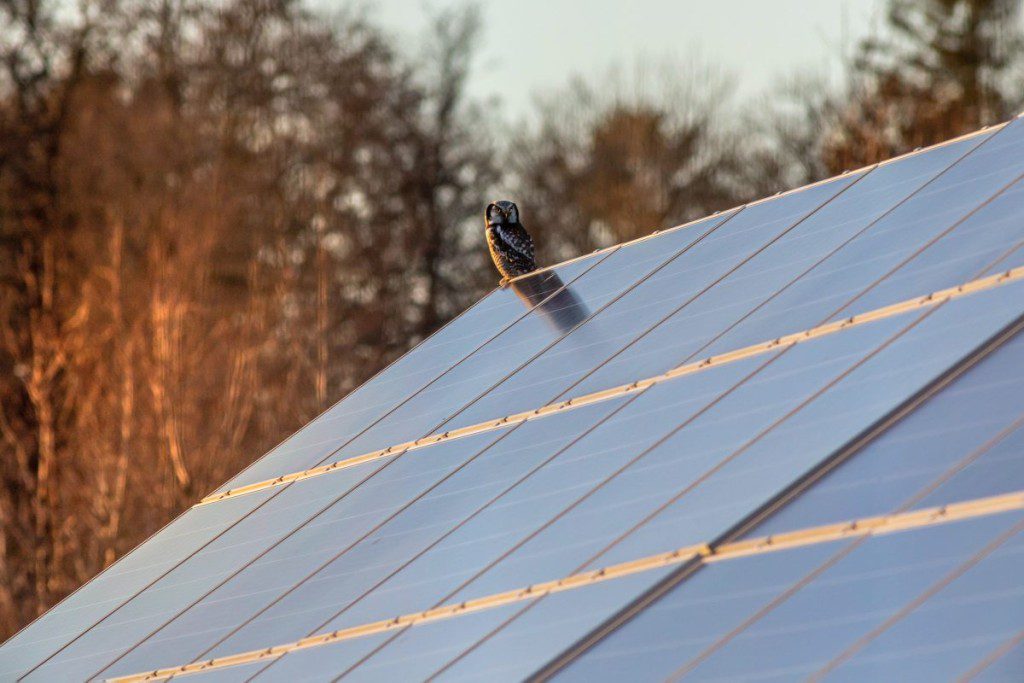With the rising cost of energy and environmental concerns, many people are turning to renewable sources of energy like solar power. Solar power is seen as an excellent way to reduce your carbon footprint while also potentially saving you money on your electricity bills. But can you save money with solar power?
If you’re in Minneapolis and considering solar power to save on energy costs, explore the residential solar installer options available. Check out energy solutions in Minneapolis to see how you can make the switch and start saving money on your electricity bills.
In this blog post, we’ll take an honest look at the potential savings that come from switching to solar power and how it may or may not be worth it for you. We will cover topics such as the initial costs associated with installing a solar panel system, government incentives available for those who make the switch, and long-term benefits in terms of reduced electricity bills and increased property value. By understanding all these factors, you’ll be able to decide if investing in solar power is right for your home or business. So let’s dive in!
The Initial Costs of Installing a Solar Panel System
The first thing to consider when deciding if investing in solar is right for you is the initial cost. Installing a home solar system can be expensive, with some systems costing tens of thousands of dollars. This upfront investment can make it difficult for many people to justify making the switch, especially when the savings may not be immediate.
Depending on your home and energy needs, the final cost can be more or less expensive. In general, you will need to consider the cost of purchasing and installing the solar panels, as well as any other equipment or wiring that is necessary. It is therefore crucial to find a reputable dealer that will make you feel confident buying your Jackery Solar Kits and other necessary components. By investing in quality materials, you’ll be able to ensure that your system works efficiently for years to come and thus reap the true savings that come from solar.
Government Incentives and Tax Breaks
Thankfully, there are several government incentives and tax breaks available to those who make the switch to solar power. These programs, often referred to as net metering or renewable energy incentives, can help offset some of the initial costs associated with installing a system. Incentives vary by state and local governments, so it is important to do your research and understand which options may be available in your area.
In addition, many states offer special rates for residential customers who purchase solar panels. This means you may be able to lock in lower electricity rates over time compared with traditional forms of energy generation like coal or natural gas. It’s also possible that if you qualify for certain incentives on top of this rate reduction, you could end up paying even less for your electricity.
Selling Excess Energy Back to the Grid
Another potential way to save money with solar is by selling excess energy produced back to the grid. Depending on your local laws and regulations, you may be able to sign up for a program that allows you to do this. The idea behind this program is that if your panels produce more electricity than you need, the extra power can be sold back to the grid and then purchased again by other consumers. This means you can recoup some of your initial investment over time as well as potentially benefit from reduced electricity bills in the future.
However, this isn’t available in every state and the savings can vary depending on a variety of factors, such as the amount of power you are generating and your local energy market. It is therefore important to check with your local providers before making any commitments
Increased Property Value
The final factor to consider when deciding if solar is worth it for you is the potential increase in property value. Studies have shown that having a home with solar can increase its value, even after accounting for the cost of installation and any other associated fees.
This makes a lot of sense from an economic standpoint because those who invest in solar typically benefit from reduced energy bills in the future. Therefore, if someone were to buy your home with a pre-installed system, they would be able to save money on their electricity costs over time and thus be willing to pay more for the property than someone without a solar system installed.
Overall, investing in solar power can be a great way to save money and increase the value of your property but only if done right. With so many options available, it’s important to take the time to do good research and find out which is best for you. Doing this can help you maximize your savings and get the most out of your solar investment.






